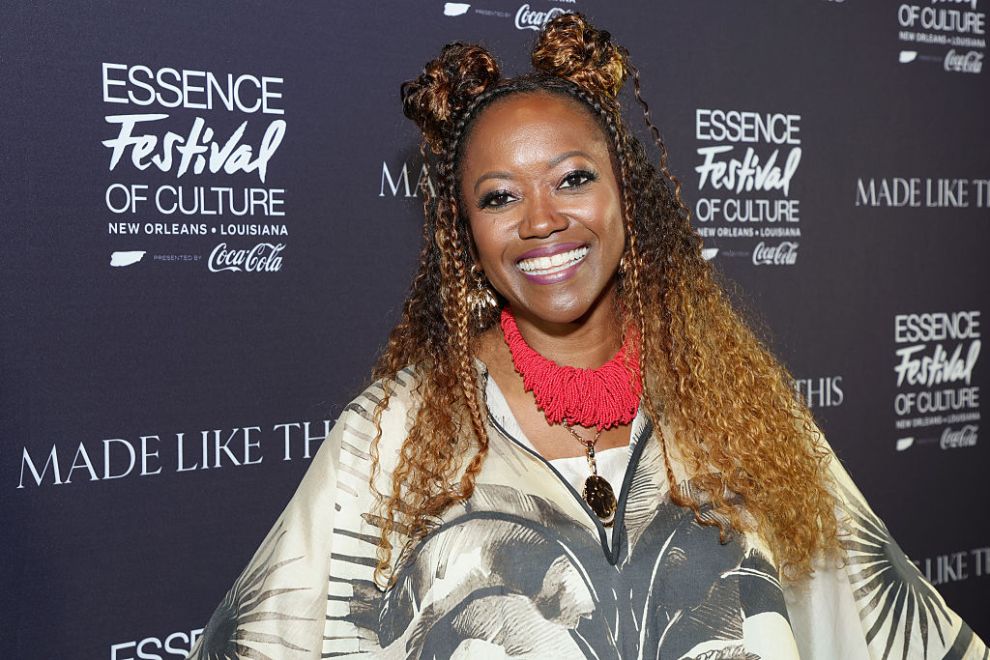Erika Alexander, best known for her role on the 1990s sitcom Living Single, has affirmed that criticism of colorism in that era of television is “valid,” saying that many people suffered under its influence. Alexander spoke recently in interviews alongside co-star Kim Coles as they prepare to launch a podcast called ReLiving Single.
Colorism refers to discrimination based on skin tone. In the context of entertainment, it often meant darker-skinned actors had fewer nuanced roles. Alexander addressed how jokes, casting decisions and character portrayals from the ’90s now seem more problematic in hindsight. She said, “colorism was real & hindsight shows some jokes hit differently.”
Alexander emphasized it was not about assigning blame. Rather, she urged acknowledgment so future portrayals avoid repeating the same mistakes. “We talk a lot about colorism and we all suffered from it,” she said.
What Erika Alexander Recounts
She described being part of an era in which lighter skin was often centered. Darker Black actresses were frequently cast in supporting roles or stereotyped parts. Meanwhile, lighter-skinned Black actresses received more leading roles and more visibility. This imbalance, Alexander believes, contributed to long-lasting perceptions of worth and beauty.
Alexander also reflected on how these dynamics affected cast power and on-set relationships. She suggested that some power dynamics among colleagues were shaped by color politics, even if not always explicitly.
The moment has renewed urgency because audiences increasingly demand more honest and diverse representation. Alexander and Coles’ podcast ReLiving Single promises to take fans behind the scenes, discussing not just nostalgia but also what lessons the industry can apply today.
Alexander said validating past criticism does not erase the achievements of shows like Living Single, but it clarifies their legacy. She believes the acknowledgment helps push for roles that better reflect the full spectrum of Black experience.

